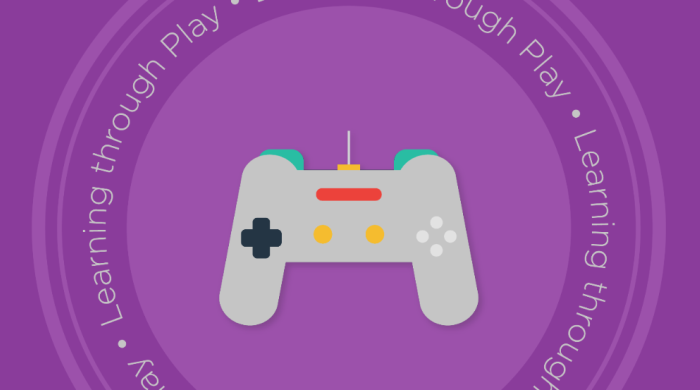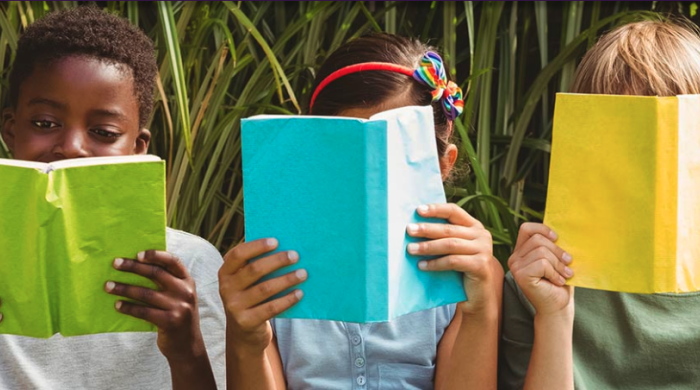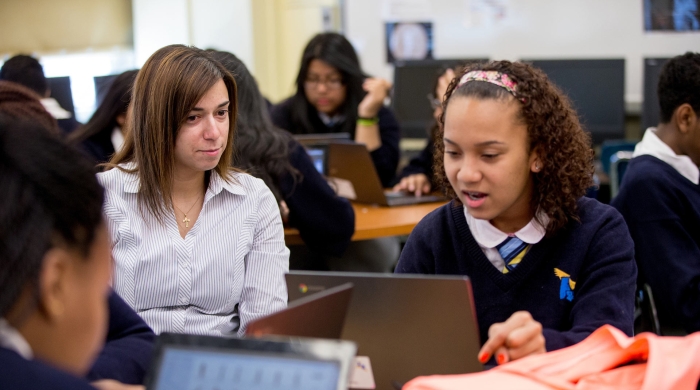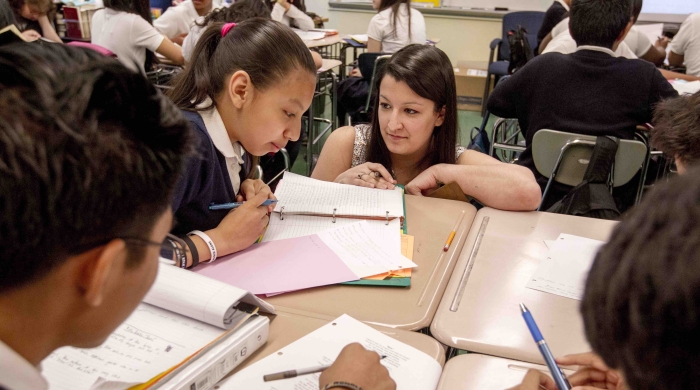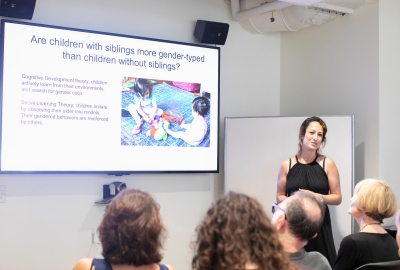
Research is at the core of the Department of Applied Psychology's mission. Applied Psychology faculty are engaged in efforts to produce discoveries and scholarship that benefit New York City, the nation, and the world.
Research Centers and Institutes
Research Entities and Labs
Explore the department's research labs to learn more about specific research efforts by our distinguished faculty.
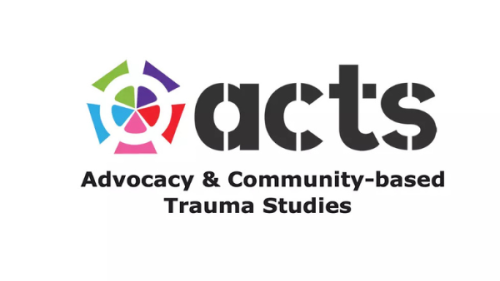
Advocacy and Community-Based Trauma Studies (ACTS) Lab - Dr. Alisha Ali
Our lab conducts research on treatments and interventions designed to help groups and individuals who have experienced trauma, violence, discrimination, and other forms of oppression. We are currently conducting a series of studies on the DE-CRUIT program which uses techniques from theatre and classical actor training in combination with elements from cognitive and narrative therapy modalities to treat trauma in military veterans. These studies are supported by grants from the National Endowment for the Humanities, the National Endowment for the Arts, the Military Psychology Division of the American Psychological Association, the Humanities Council of New York, and the Laurie M. Tisch Illumination Fund.
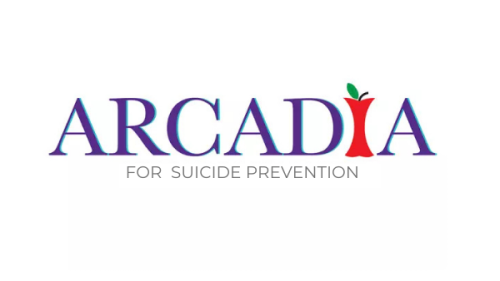
ARCADIA for Suicide Prevention - Dr. Pamela Morris-Perez
ARCADIA for Suicide Prevention takes a developmentally-informed, population-health approach to adolescent suicide. We focus on the places where adolescents already are (schools, primary care, emergency rooms), leverage trusted sources of support (peers, parents, trusted adults), are attuned to the developmental needs of adolescent autonomy and identity, and are guided by the ideas of youth themselves. Our focus is to strengthen bridges, integrating prevention and intervention within and across the places where youth are situated. We approach our work as a partnership between academia and public agencies for seamless integration into practice at scale.

Baby's First Years: A Randomized Controlled Trial of Poverty Reduction - Hirokazu Yoshikawa
Baby’s First Years is the first study in the United States to assess the causal impact of poverty reduction on family life and children’s cognitive, emotional, and brain development. It is a randomized control trial that provides monthly, unconditional cash gifts (either $333/month or $20/month) to low-income mothers and their children in the first years of the child’s life.
Core PIs: Drs. Kimberly Noble, Katherine Magnuson, Greg Duncan, Lisa Gennetian, Hirokazu Yoshikawa, Nathan Fox
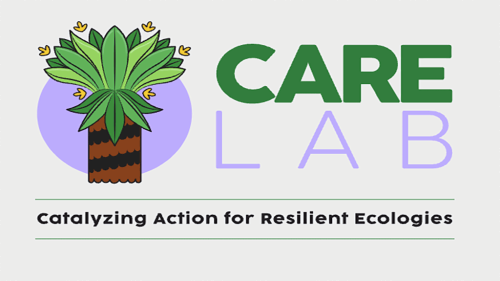
Catalyzing Action for Resilient Ecologies (CARE) - Dr. Jorge Cuartas
The CARE lab focuses on understanding child development and parenting within various contexts. We use science + lived experience to drive innovative, evidence-based solutions that transform developmental systems and contexts and promote equity and well-being.
At CARE, we explore diverse developmental settings, employ various methodological approaches, and embrace interdisciplinary perspectives.
CONNECT - Dr. Elise Cappella
Strengthening Connections & Opportunities for Learning in and out of Schools
The CONNECT lab at NYU conducts research to understand and strengthen contexts for learning and mental health in low-income education settings. We study natural opportunities for academic, social, and emotional learning via productive relationships and quality interactions.
Using social network approaches, we investigate and enhance connections among children, between children and non-familial adults (educators, practitioners), and among adults who work with youth. We collaborate with school and community partners to activate internal resources to support children with and without behavioral difficulties.
The long-term goal is to increase the likelihood that more young people will have the connections and opportunities they need to succeed in school and life.
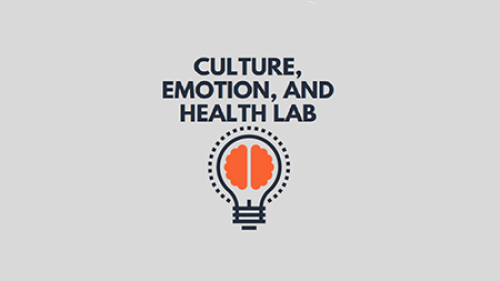
The Culture, Emotion, and Health Lab - Dr. William Tsai
The CEH lab studies how people regulate their emotions, cope with stress and how these processes lead to health and well-being. We focus our research questions on how cultural tendencies and values can shape the development and use of these processes. Our work is interdisciplinary, spanning across social, clinical, and health psychology. Recently, we have begun a line of research with ethnic minority cancer survivors, which is a population that experiences significant cancer health disparities. We are interested in applying cultural psychology theories with psychosocial interventions to overcome cultural barriers to reduce the undue burden of cancer experienced by ethnic minority cancer survivors.
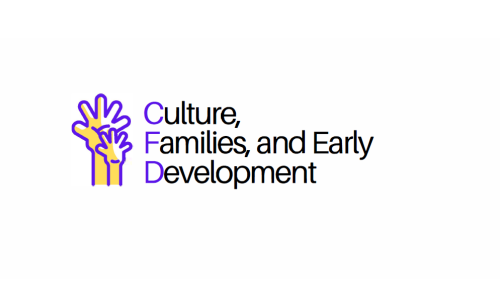
Culture, Families, and Early Development Lab - Dr. Gigliana Melzi
Our research focuses on family practices and the role these play in young children’s early learning and development. We adopt a collaborative research stance, working in partnership with early childhood programs serving families from culturally and linguistically minoritized communities. The overarching goal of our work is to identify and understand the unique ways primary caregivers, especially those from Spanish-speaking and Spanish-English bilingual immigrant families, support their young children's early learning at home and at school.
Through our work, we contribute new knowledge to developmental science that centers Latine families’ voices, perspectives, and practices. The work conducted by the CFD team reflects our joint commitment to address systemic inequities faced by children from minoritized and marginalized communities in the US and Latin America.
Our work spans three main areas: Family Language and Literacy Practices, Family STEM Practices, and Family-School Connections.
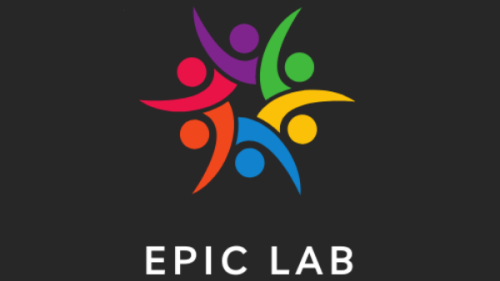
Exploring People in Context - Dr. Selçuk Şirin
The EPIC lab aims to understand how children and youth develop in context to promote positive development across contexts. In particular, we use empirical methods with development in context as a general framework to better understand children’s and families’ needs and to arm professionals and policymakers with this knowledge to better address the needs of the most vulnerable. Through a multidisciplinary approach, we have investigated various aspects of marginalized youth's lives, including immigrant-origin children and families in New York, Muslim youth in the U.S., and refugees in Turkey, Jordan, and Norway.
The Families and Children Experiencing Success Lab - Dr. Anil Chacko
The FACES lab was developed to serve the families of youth exhibiting disruptive behavior disorders such as Attention-Deficit/Hyperactivity Disorder, Oppositional-Defiant Disorder, and other conduct disorders. Its research aims to understand how to develop the most effective prevention, intervention, and service models for youth with disruptive behavior disorders and related conditions, or those at high risk for developing them.
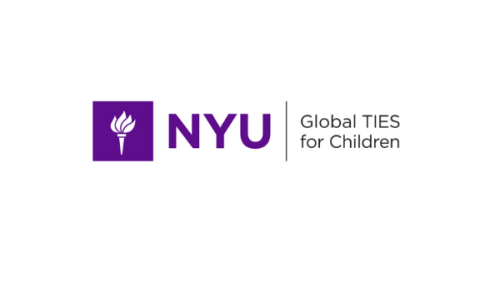
Global TIES for Children - Dr. Florencia Lopez Boo
NYU Global TIES for Children is an international research center embedded within NYU’s Institute of Human Development and Social Change (IHDSC) and supported by the NYU Abu Dhabi Research Institute and NYU New York. Established in 2014, Global TIES for Children was developed to lead efforts in generating rigorous evidence to support the best and most effective humanitarian and development aid. To date, Global TIES for Children has secured a position at the front lines of advances in methods and measures for assessing child development and for understanding variation in program impacts at multiple levels in low-income and crisis-affected contexts.
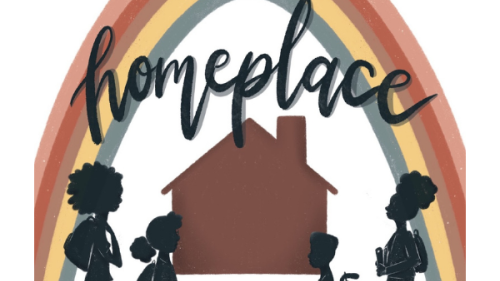
The Homeplace Research Collective - Dr. Lauren Mims
The Homeplace Research Collective is a research lab at New York University that centers the lived experiences of Black children and their families through community-engaged, child-centered Black child developmental research. With various community partnerships (e.g., Black Girl programming, local schools, and policymakers), the Homeplace lab actively challenges systems of oppression to envision and co-create a world for Black children to thrive.
Specifically, the Homeplace lab adopts an "axiom of brilliance" in its research approach, consciously rejecting the historically misrepresented deficit framing of Black families. This rejection aims to counteract the perpetuation of misconceptions and stereotypes surrounding Black families and children. Homeplace conducts mixed methods research, to elucidate the contextualized, (i.e., promotive, and inhibitory factors) that shape the lived ecologies of Black families. We use tools of inquiry including interviews and focus groups to uplift and center the voices.
By disseminating research findings that resonate with the community and provide avenues for engagement, Homeplace contributes to the ongoing efforts to create more equitable and inclusive spaces for Black children and their families.
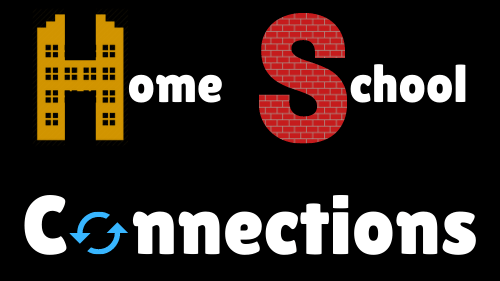
Home School Connections - Dr. Adina Schick
Broadly speaking, all of our projects address the socio-cultural context of children’s early literacy development, with a particular focus on children from culturally and/or linguistically diverse backgrounds. Our work spans two main areas: (1) ways in which classrooms can incorporate culturally grounded family practices to support children’s school-based learning, and (2) discourse and linguistic features of early literacy home and school interactions, in particular oral storytelling and book sharing between teachers and the children in their classes, as well as between caregivers and children.
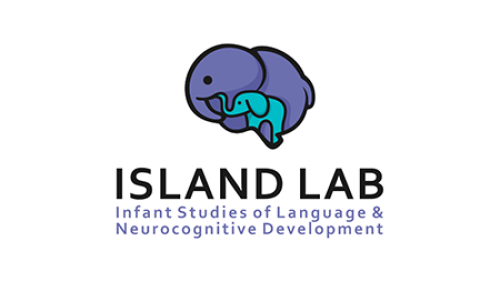
The Infant Studies of Language and Neurocognitive Development - Dr. Natalie Brito
We are the Infant Studies of Language and Neurocognitive Development Lab (ISLAND)! We are a developmental psychology lab that works with families to better understand the impact of the home environment and early social interactions on children’s development. We are particularly interested in children’s brain and behavioral development! In our work, we are committed to fostering an inclusive and supportive environment both in our lab as well as in our research. Our work is rooted in our ultimate goal to support families. Through our work, we hope to increase our understanding of how to empower caregivers and children during the first three years of life to foster healthy development.
Mindful Education Lab - Dr. Joshua Aronson
Housed within the Metropolitan Center for Research on Equity and the Transformation of Schools, the Mindful Education Lab oversees two parallel but connected programs - research and teacher training. Our Mindful Research Lab looks at the psychological and neurological effects of mindfulness on student learning, teacher effectiveness, and school and classroom climate. This work, in turn, informs our Mindful Teacher Program (MTP), which offers professional development to schools by training educators (teachers, principals, school staff) in techniques to improve their lives both in and out of school. We also train high school students in mindfulness as part of the College Prep Academy, which prepares urban youth for success in college.
Educational interventions developed by Aronson and colleagues have been successful in boosting student achievement, well being, tests scores, and learning, and have been inducted into the Department of Education’s exclusive “What Works Clearinghouse,” a collection of school interventions of carefully vetted practices deemed worthy of using in America’s schools. Dr. Hill is among the nation’s most well respected and influential statisticians and methodologists.
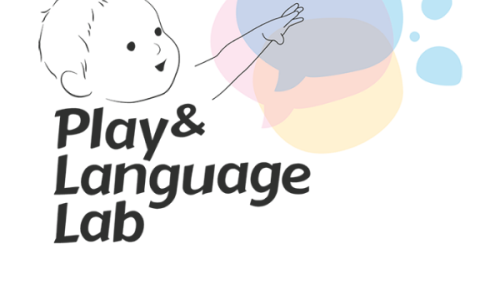
Play & Language Lab - Dr. Catherine Tamis-LeMonda
The Play & Language Lab studies children’s learning and development across the first years of life, with a focus on how social and cultural contexts influence the skills that children acquire and how they engage with their physical and social environments. Our observations of children and parents in structured tasks and the natural setting of their home environments, provide us with rich video records for detailed coding of children, caregivers, and context.
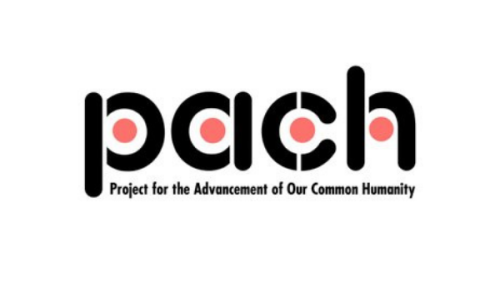
The Project for the Advancement of our Common Humanity - Dr. Niobe Way
PACH is an emerging think tank, funded by the NoVo Foundation and based at New York University, that is designed to engage researchers, policymakers, practitioners, activists, educators, artists, and journalists in a series of conversations focused on what we have learned from science and practice regarding what lies at the root of our crisis of connection and what we can do to create a more just and humane world. PACH entails a public lecture series and monthly conversations with 50 senior-level professionals.
The Purpose Learning Action Young Children Lab - Dr. Jennifer Astuto
The playLab research is designed to engage in the rigorous and socially responsible scientific examination of play in young children’s lives. We utilize randomized control designs, multilevel modeling, interviews, and ethnographic methods to explore the unique context of play in promoting school readiness, learning, and civic engagement for children who are growing up in poverty and/or are from immigrant families. By cultivating strong partnerships with the communities we work in, we generate empirically-driven knowledge that is culturally relevant and socially just. The playLab strives to produce actionable research and develop collaborations that are used to empower and strengthen the lives of young children through education and policy.
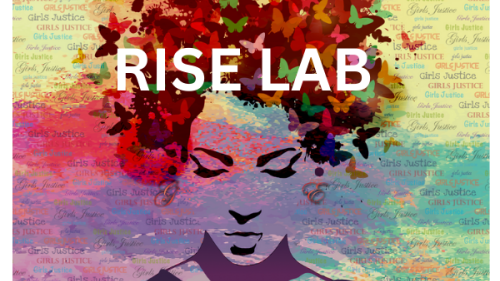
The Researching Inequity in Society Ecologically (RISE) - Drs. Erin Godfrey and Shabnam Javdani
The team’s research and activities serve traditionally marginalized populations, focusing on health and mental health disparities in women and youth who are involved or at risk of involvement with the justice system. As such, the RISE Team takes a contextual, multi-level, and interdisciplinary approach to systems change and implements evidence-based practices that promote health and well-being, working closely with community partners to bridge the gap between research and practice.
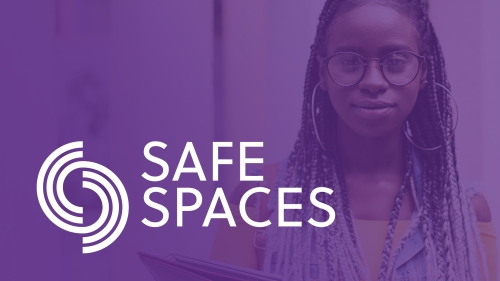
SAFE Spaces: Systems Aligning For Equity - Drs. Shabnam Javdani & Erin Godfey
Developed in partnership with the NYC Administration for Children’s Services (ACS), SAFE Spaces uses evidence-based principles to provide training and coaching support for frontline staff working in ACS Close to Home (CTH) non-secure and limited-secure placement facilities.
Through unique skills-based staff training activities and guidance from a trained coach, SAFE Spaces aims to increase the professional development, job satisfaction, retention, and well-being of CTH staff who work directly with youth. By focusing on these staff outcomes and the environment in which they work, we also help to promote and encourage a healthier environment for youth’s lives and promote their safety, well-being and positive development. The efficacy of SAFE Spaces is being assessed through a cluster-randomized control trial supported by the National Institutes of Mental Health (NIMH).
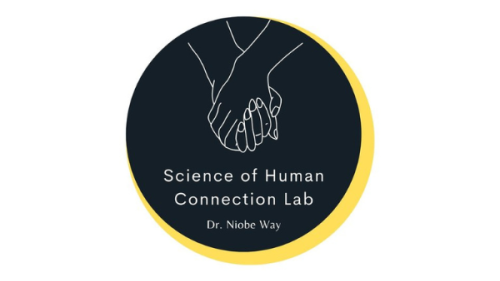
Science of Human Connection Lab - Dr. Niobe Way
Research in the Science of Human Connection Lab examines the intersections of culture, context, and human development, with a particular focus on the social and emotional development of children and adolescents. Starting from the recognition of children’s innate and remarkable capacity to connect with those around them, we employ a mixed methods approach to understanding how children’s relational strengths (e.g., interpersonal curiosity) may be fostered and leveraged to create a more just, humane, and connected world.
SMART Beginnings - Dr. Pamela Morris-Perez
The SMART Beginnings project tests a comprehensive approach to the promotion of school readiness in low-income families, beginning shortly after the birth of the child, through enhancement of positive parenting practices (and when present, reduction of psychosocial stressors) within the pediatric primary care platform. We do so by integrating two evidence-based interventions: 1) a universal primary prevention strategy (Video Interaction Project [VIP]); and 2) a targeted secondary/tertiary prevention strategy (Family Check-up [FCU]) for families identified as having additional risks. Drs. Pamela Morris-Perez (NYU), Alan Mendelsohn (NYU School of Medicine), and Daniel Shaw (University of Pittsburgh) have received support and funding for this project from the National Institutes of Health.

